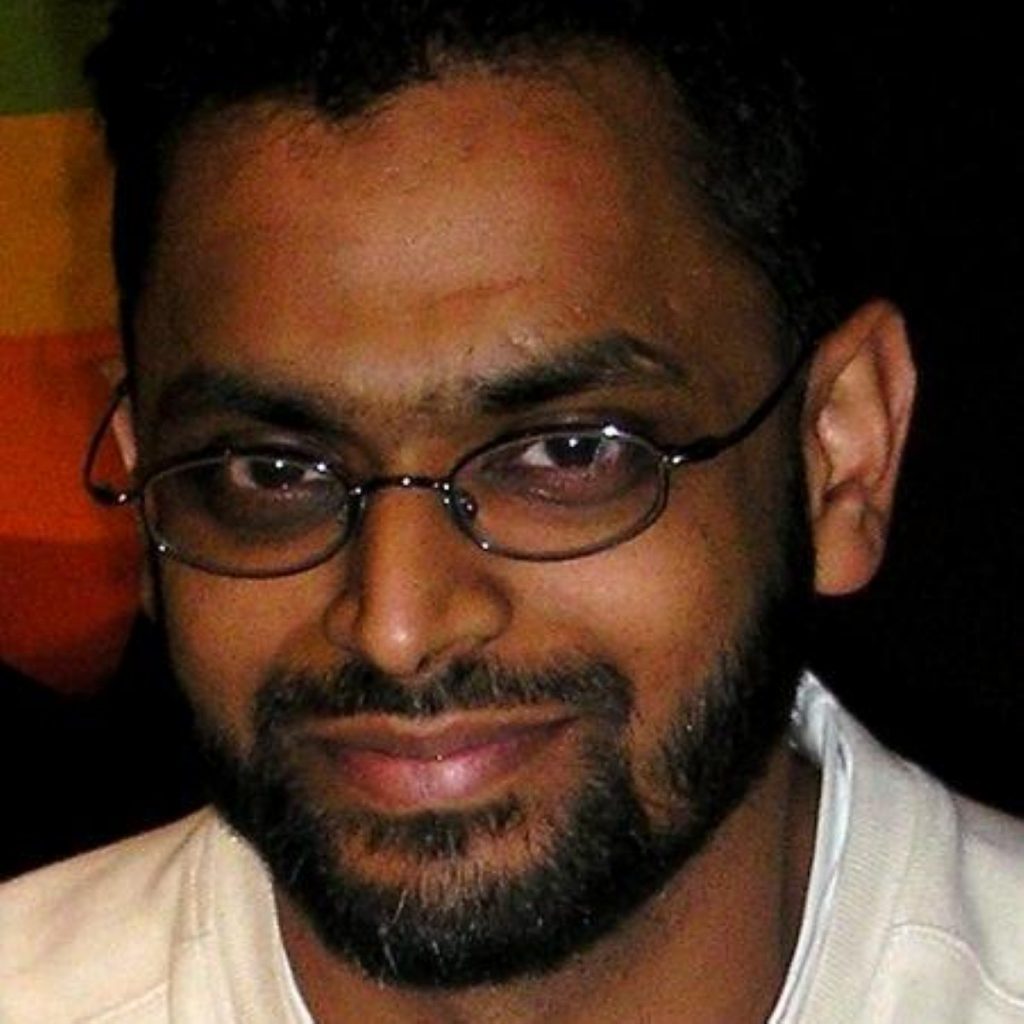Interview: The Guantanamo inmate
By Ian Dunt
The new president of America, Barack Obama, has used his first few days in office to close Guantanamo Bay, the Cuban prison which had become a by-word for the loss of civil liberties in the ‘war on terror’.
But American requests for some of the inmates to be sent to friendly western countries have fallen on deaf ears. Unable to send the inmates to their home countries, where they may face torture, the rejection presents America with a serious logistical problem and could hold up the closing of the prison.
Moazzam Begg, one of the first Britons to be released from Guantanamo Bay, talks to politics.co.uk about what should happen next.


Do you support the calls from human rights groups to allow foreign Guantanamo inmates to be repatriated to Britain?
Absolutely. But first we need to think about the British people still in the prison. Shaker Aamer is a good friend of mine. And there’s Ahmed Belbacha, Said Farhi and Binyam Mohamed. They are all British residents, and their families are British. The priority in the case of these people is that they should be returned and united with their families.
But why should Britain take other inmates who have no connection with the UK?
There are strong arguments that Britain has been involved in the interrogation of detainees – including British ones in Guantanamo. The UK is the strongest ally of the US in the ‘war on terror’, and clearly in the case of Afghanistan we’re still very much on the ground. We have a responsibility.
After the Blair era, several ministers have said Guantanamo should be closed, but there has to be something tangible about their actions.
Isn’t it dangerous for the UK to accept potentially very dangerous men?
We’ve already had people returned from Guantanamo. I’m one of them. I’d been there for four years. There’s no discussion, no suggestion at all that we were guilty of anything. None of us were charged with any crime.
As I’ve said before these people have been scrutinised, held and interrogated by the CIA, intelligence services, our own MI5. You can’t get any better scrutiny than that. They haven’t been charged with a crime after being interrogated by all these people.
How did it feel when you saw President Obama sit down to sign an executive order closing the Bay after all these years?
It’s amazing news, fantastic news. It’s very welcome. It seems to be the beginning of the end of the world’s most notorious prison.
But he went further and said he’d close secret CIA interrogation sites and ban torture. This is more import than Guantanamo because it’s about the principle of human rights.
I was held at Bagram detention facility before Guantanamo. I witnessed some terrible things there. If that place is closed too, we’re doing well. If it isn’t, we’ll see more of the same.
Do you feel we’re nearing the end of this being an issue?
I don’t know. He hasn’t said anything about military detention sites in Afghanistan and Iraq. Terrible abuses take place there. He’s said he’ll close the secret prisons, but not the military ones.
But I would say he’s gone much further than I expected him to – and he’s done it in the first two days of his presidency.












